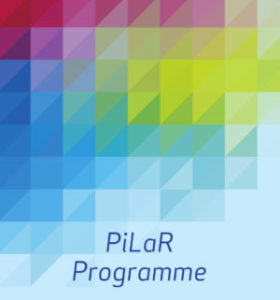Despite the range of difficulties that have emerged during the pandemic, some positives have been identified.
- Greater connection with family, more time for self-care, and motivation to recover (Termorshuizen 2020; Shaw 2021)
- Positive role of social media in maintaining and facilitating social connections, accessing support amongst eating disorder communities, following others’ journeys to/of recovery. Social distancing leading to reduced social comparisons and in turn, lower anxiety (Branley-Bell & Talbot 2020; Nutley 2021; Vuillier et al 2021)
- Family trying to bond, trying to challenge some eating disorder behaviours in a supportive way, supportive family members as protective, talking as key (Fernández‐Aranda, Casas, Claes et al 2020; Shaw 2021; Vuillier 2021)
- Experiences of increased self-efficacy, seeking alternative practical coping strategies, gratitude for increased at home time (Clark Bryan 2020)
- Lockdown as a catalyst for recovery, for some people (Brown 2021)
- More time for healing and self-care, reaching out more for support and fewer worries related to shopping, events, meetings and work (McCombie et al 2020)
- Fewer stress provoking situations, strong therapeutic relationship (Vuillier 2021)
- Telehealth as convenient, a tool that facilitates engagement and attendance. Consistent or increased motivation to participate in treatment. Easier to schedule and plan meals and snacks at home. (Frayn 2021)
- Integrity of service maintained, despite challenges. Feeling less build up and apprehension about attending appointments. Reduced travel time and costs, feeling less drained (Shaw 2021)
- In Italy, patients reported that PTSD and eating disorder symptoms improved as lockdown restrictions were eased (Nisticò 2021)
- Paying attention to own needs, more autonomy and self-organisation skills, such as planning a daily structure and completing school work. More family time, slowing down for the whole family, less school and social stress (Zeiler 2021)



